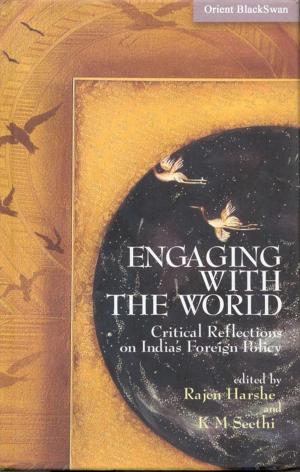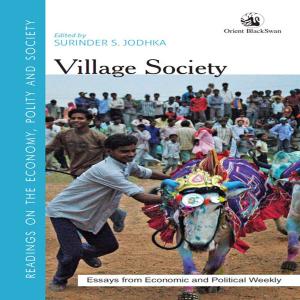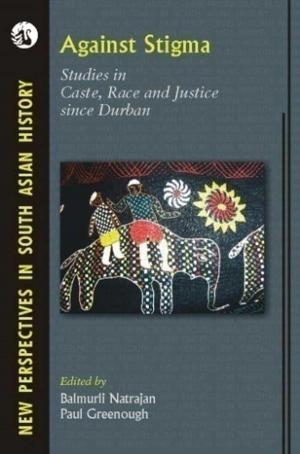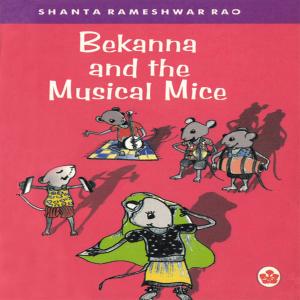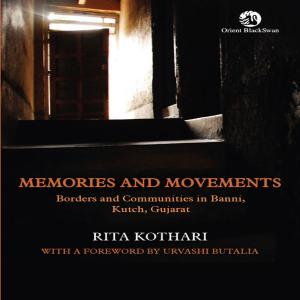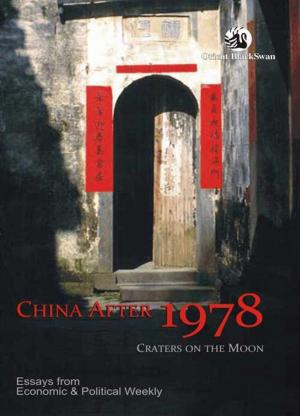Desire and Defiance
A Study of Bengali Women in Love, 1850-1930
Nonfiction, Social & Cultural Studies, Social Science, Gender Studies, Women&| Author: | Aparna Bandyopadhyay | ISBN: | 9788125063834 |
| Publisher: | Orient Blackswan Private Limited | Publication: | October 5, 2016 |
| Imprint: | Language: | English |
| Author: | Aparna Bandyopadhyay |
| ISBN: | 9788125063834 |
| Publisher: | Orient Blackswan Private Limited |
| Publication: | October 5, 2016 |
| Imprint: | |
| Language: | English |
Power is the key element of patriarchy; and the other significant element is love. Traditional control over women’s sexuality was rearticulated in the mid-nineteenth century through the ideology of a non-consensual, non-dissoluble conjugality, based on the wife’s unconditional fidelity and loyalty to her husband. Intertwined with this control was the fear that women would transgress, fears that even led to a backlash against representations of women’s deviant love in novels, and attempts to prevent women from reading. Despite these restrictions, some women did follow their desires, in defiance of social norms.Desire and Defiance retells story of heterosexual love in Bengal from the woman’s perspective. Focusing primarily on upper-caste Bengali women from both Hindu and Brahmo backgrounds, this book explores aspects of heterosexual intimacy that were considered transgressive by upper-caste Hindu society. Resisting societal attempts to confine their sexuality, many upper-caste Hindu and Brahmo women married (or remarried) according to their own choice, or engaged in non-marital and extra-marital intimacy. However, as the book shows, such transgression usually led to harassment, familial and social ostracism, and severe social sanctions. The colonial bureaucracy, judiciary and media exercised control over women’s sexuality through laws and strictures, highlighting the way patriarchy transcended the divide between the public and the private, the coloniser and the colonised.Providing a feminist understanding of the high-caste Hindu/Brahmo woman’s varied and mostly unrewarding experiences of intimacy outside the bounds of normative relationships, this book provides a glimpse into the deeply gendered world of love. Interesting and informative, this book will be useful to students and scholars of women’s studies, history, sociology and culture studies.
Power is the key element of patriarchy; and the other significant element is love. Traditional control over women’s sexuality was rearticulated in the mid-nineteenth century through the ideology of a non-consensual, non-dissoluble conjugality, based on the wife’s unconditional fidelity and loyalty to her husband. Intertwined with this control was the fear that women would transgress, fears that even led to a backlash against representations of women’s deviant love in novels, and attempts to prevent women from reading. Despite these restrictions, some women did follow their desires, in defiance of social norms.Desire and Defiance retells story of heterosexual love in Bengal from the woman’s perspective. Focusing primarily on upper-caste Bengali women from both Hindu and Brahmo backgrounds, this book explores aspects of heterosexual intimacy that were considered transgressive by upper-caste Hindu society. Resisting societal attempts to confine their sexuality, many upper-caste Hindu and Brahmo women married (or remarried) according to their own choice, or engaged in non-marital and extra-marital intimacy. However, as the book shows, such transgression usually led to harassment, familial and social ostracism, and severe social sanctions. The colonial bureaucracy, judiciary and media exercised control over women’s sexuality through laws and strictures, highlighting the way patriarchy transcended the divide between the public and the private, the coloniser and the colonised.Providing a feminist understanding of the high-caste Hindu/Brahmo woman’s varied and mostly unrewarding experiences of intimacy outside the bounds of normative relationships, this book provides a glimpse into the deeply gendered world of love. Interesting and informative, this book will be useful to students and scholars of women’s studies, history, sociology and culture studies.




